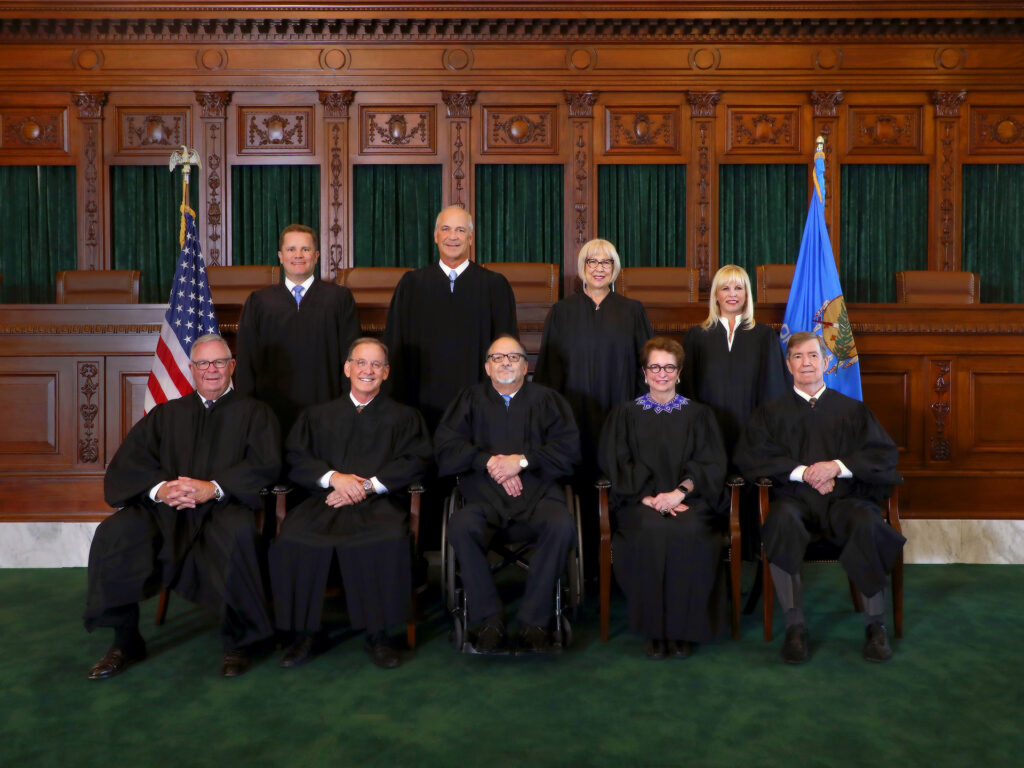Tag: virtual schools

Oklahoma Supreme Court prepares to weigh in on precedent-setting religious charter school lawsuit
An attorney defending the Oklahoma’s charter school board wasted no time identifying the primary issue before the Oklahoma Supreme Court. “This is whether the operation of a charter school violates the establishment clause,” said Philip Sechler, representing the Oklahoma Statewide Virtual Charter School Board. The board’s approval of... READ MOREpodcastED: National charter school movement leader talks about charter performance and Oklahoma’s approval of a religious charter school
On this episode, senior writer Lisa Buie talks with...
READ MOREReligious virtual schools in Florida hoping to reap benefits of HB1
When Florida Gov. Ron DeSantis signed HB 1 into law,...
READ MOREFlorida Virtual School launches AI learning pathways for high school students
Editor’s note: This news release was provided by Florida Virtual...
READ MOREpodcastED: Florida Virtual School manager hopes new courses will teach students to embrace AI
On this episode, reimaginED senior writer Lisa Buie talks with...
READ MOREVirtual charter school board member mom to Florida lawmakers: ‘Empower parents for greater customization’
Melissa Ley left her job as a teacher at a...
READ MOREpodcastED: Veteran Florida Virtual School teacher looks at the past, present and future of virtual education
On this episode, reimaginED senior writer Lisa Buie talks with...
READ MOREWord for Word: Florida House speaker explains how HB 1 will create opportunities to customize learning
Editor’s note: Last week, Florida House leaders announced the filing of...
READ MOREVirtual school enrollment climbed as COVID receded, new data reveal
Editor’s note: This article appeared Monday on the74million.org. Kristy Maxwell...
READ MOREA parent’s story: New Mexico virtual charter school offers academic rigor, flexibility
Editor’s note: This first-person essay from New Mexico mother Ashley...
READ MOREpodcastED: Florida’s Digital Educator of the Year shares secrets to success
On this episode, ReimaginED Senior Writer Lisa Buie talks with...
READ MORE

